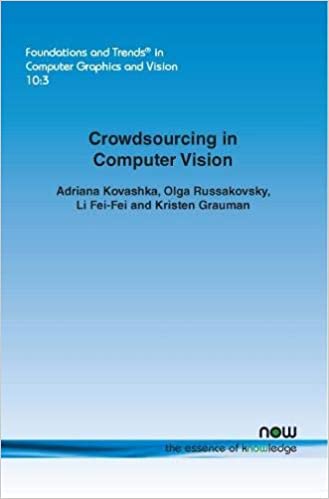Fei-Fei Li
Dr. Fei-Fei Li’s current research interests include cognitively inspired AI, machine learning, deep learning, computer vision and AI+healthcare especially ambient intelligent systems for healthcare delivery. In the past she has also worked on cognitive and computational neuroscience. Dr. Li has published more than 200 scientific articles in top-tier journals and conferences, including Nature, PNAS, Journal of Neuroscience, CVPR, ICCV, NIPS, ECCV, ICRA, IROS, RSS, IJCV, IEEE-PAMI, New England Journal of Medicine, Nature Digital Medicine, etc. Dr. Li is the inventor of ImageNet and the ImageNet Challenge, a critical large-scale dataset and benchmarking effort that has contributed to the latest developments in deep learning and AI. In addition to her technical contributions, she is a national leading voice for advocating diversity in STEM and AI. She is co-founder and chairperson of the national non-profit AI4ALL aimed at increasing inclusion and diversity in AI education.
More information

Crowdsourcing in Computer Vision (Foundations and Trends(r) in Computer Graphics and Vision)
Computer vision systems require large amounts of manually annotated data to properly learn challenging visual concepts. Crowdsourcing platforms offer an inexpensive method to capture human knowledge and understanding, for a vast number of visual perception tasks.
Crowdsourcing in Computer Vision describes the types of annotations computer vision researchers have collected using crowdsourcing, and how they have ensured that this data is of high quality while annotation effort is minimized. It begins by discussing data collection on both classic vision tasks, such as object recognition, and recent vision tasks, such as visual story-telling. It then summarizes key design decisions for creating effective data collection interfaces and workflows, and presents strategies for intelligently selecting the most important data instances to annotate. It concludes with some thoughts on the future of crowdsourcing in computer vision.
Crowdsourcing in Computer Vision provides an overview of how crowdsourcing has been used in computer vision, enabling a computer vision researcher who has previously not collected non-expert data to devise a data collection strategy. It will also be of help to researchers who focus broadly on crowdsourcing to examine how the latter has been applied in computer vision, and to improve the methods that can be employed to ensure the quality and expedience of data collection.
Get the book at Amazon